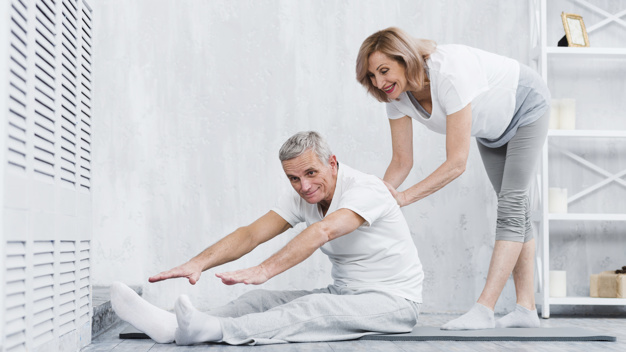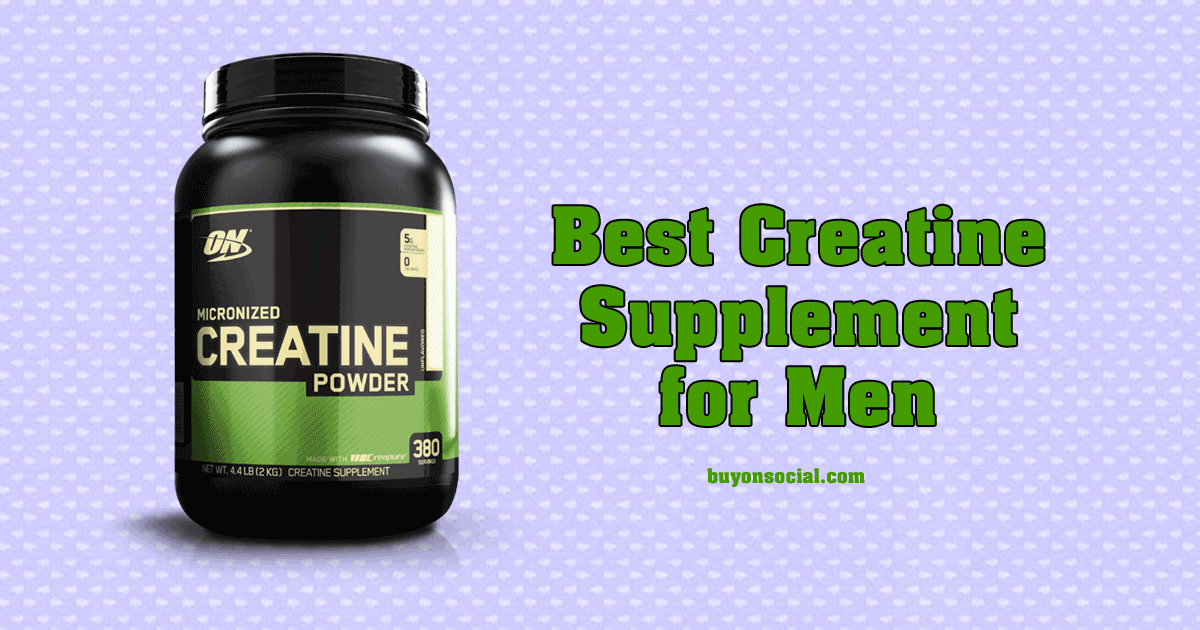Take Care of Your Health at Home
April 20, 2021When COVID-19 struck, many doctor’s offices closed, surgical procedures were postponed, and virus-wary patients shunned even facilities that remained open. This decreased access to quality healthcare during the pandemic has given a whole new meaning to self-care. If necessity is the mother of invention, COVID has provided the impetus to protect ourselves from visits to the doctor or the emergency room.
The need to have your health looked after by a licensed clinician is unlikely to ever go away. That said, there are many at-home services available today that previously required a visit to the doctor. These include prescription refills, treatment for genital herpes, and, yes, even COVID-19 testing.
There are also simple, healthy choices you can make to reduce your need for urgent medical care. Whether you’re stuck in quarantine or working from your home office, safeguarding your health at home isn’t complicated. It does, however, require commitment.
1. Seek out and eliminate safety risks.
You already buckle your seat belt anytime you enter a vehicle. Good for you! Now take a closer look at your living space. There are probably safety hazards in your home that, if not addressed, could land you in urgent care — or worse.
You’ve likely become blind to some of the risks in your home, so look again with fresh eyes. Some dangers to look for include habitually sliding floor rugs, tools left lying around, electric sockets accessible to small children, and outdated medications.
Write down anything that caused safety concerns in the past or might pose risks in the future. If there are many, strive to eliminate a handful of safety risks per day until you’ve satisfactorily addressed everything on your list.
2. Maintain your devotion to cleanliness.
Many of us developed a near-panic level of awareness of what our hands have been touching thanks to the pandemic. Regular hand washing, covering sneezes, staying home when we have a fever … we all know the guidelines for battling a virus.
While your enthusiasm for disinfectant spray may be waning, this isn’t the moment to let down your guard. It’s well established that living in a clean home helps keep you and your visitors safe from illness. A clean environment also speeds up the recovery of those who are ill.
3. Improve your diet.
What it means for you, personally, to improve what you eat and drink could be determined by a number of variables. But most of us already know what it means to be “healthy.”
If you’ve been looking for any reason to begin or restart a daily regimen of healthy eating, now’s the time to get serious. Today, you can find any number of free, online resources that offer advice and diet plans.
4. Get more exercise.
This well-worn advice is even less popular than “eat right,” but the research regarding the health benefits of exercise are beyond dispute. Promoting heart health and stemming cognitive decline are just two good reasons to develop an exercise plan you’re likely to maintain.
The secret to keeping up regular exercise is to find something you enjoy doing. If you’ve never had a consistent routine, start slow and build up over time. Don’t overdo it — no one can run a marathon every day — but try to be consistent.
5. Lose weight, if necessary.
In addition to the infections and deaths, COVID-19 lockdowns contributed to significant weight gains for many. As we look at ways to reduce our need for medical attention, it’s time to begin battling back against “The COVID 15.”
Don’t fall victim to any weight-loss scheme that promises ridiculous amounts of weight loss in a short amount of time. Weight loss is a slow and steady process that involves long-lasting changes in lifestyle. Start by contacting your primary care physician for advice.
6. Protect your skin.
Skin cancers are on the rise, and many cases can be traced back to not using sunscreen. While many of us like the look of sun-kissed skin, there are costs associated with regular, prolonged exposure to sunshine.
Given the physical and mental health benefits of time outdoors, though, it’s unlikely you’d want to avoid the sun altogether. Instead, heed the wisdom of Australia’s famous “Slip-Slop-Slap” campaign by slipping on a shirt, slopping on high-SPF sunscreen, and slapping on a hat. Further alliterative advice from the Aussies includes seeking shelter during peak sun hours and sliding on some sunglasses. There are ways to get your daily dose of vitamin D and still protect your skin.
7. Practice safe sex.
We’ve known for decades now what it means to have “safe sex.” And yet the evidence is clear from a continued rise in STIs that sexually active adults are ignoring those precautions. This is made worse by the traditional reluctance to discuss the subject.
There’s no need to be embarrassed to talk about sexually transmitted infections, which are a common occurrence. In fact, you owe it to yourself and others to reduce the stigma around this topic and address it head-on. Be clear with your partner as to what’s acceptable practice to keep both of you safe.
8. Ditch tobacco and nicotine.
We’ve known since 1964 that smoking is dangerous to human health. Yet here is another practical way to improve our health that many would rather ignore.
If you’re a smoker who’s ready to get serious about preventative care, though, then the cancer sticks (or chew) have got to go. Not only will you soon be breathing easier, but you’ll enjoy obvious and immediate financial benefits as well.
As with some of these other suggestions, the first step is making a firm commitment. There’s little point in entering a tobacco-cessation program unless you are determined to “keep quitting” until it sticks.
9. Drink alcohol in moderation (if at all).
Cutting down on excessive alcohol intake provides some of the same benefits as quitting tobacco. There are immediate health and financial benefits associated with both.
By now, everyone knows that overindulging in alcohol leads to poor decision-making. It also contributes to such illnesses as heart disease and breast cancer. While a glass of wine with dinner likely won’t hurt — and may even provide some benefit — it’s best to stop at one.
It may be too overwhelming to try to institute sweeping changes in every category at once. Pick whatever seems like the “highest-burning fire” in your life and address that issue first. As you get some traction with that, adopt other healthy habits. Your new commitment to protecting your health will keep you out of the doctor’s office and happy at home.



